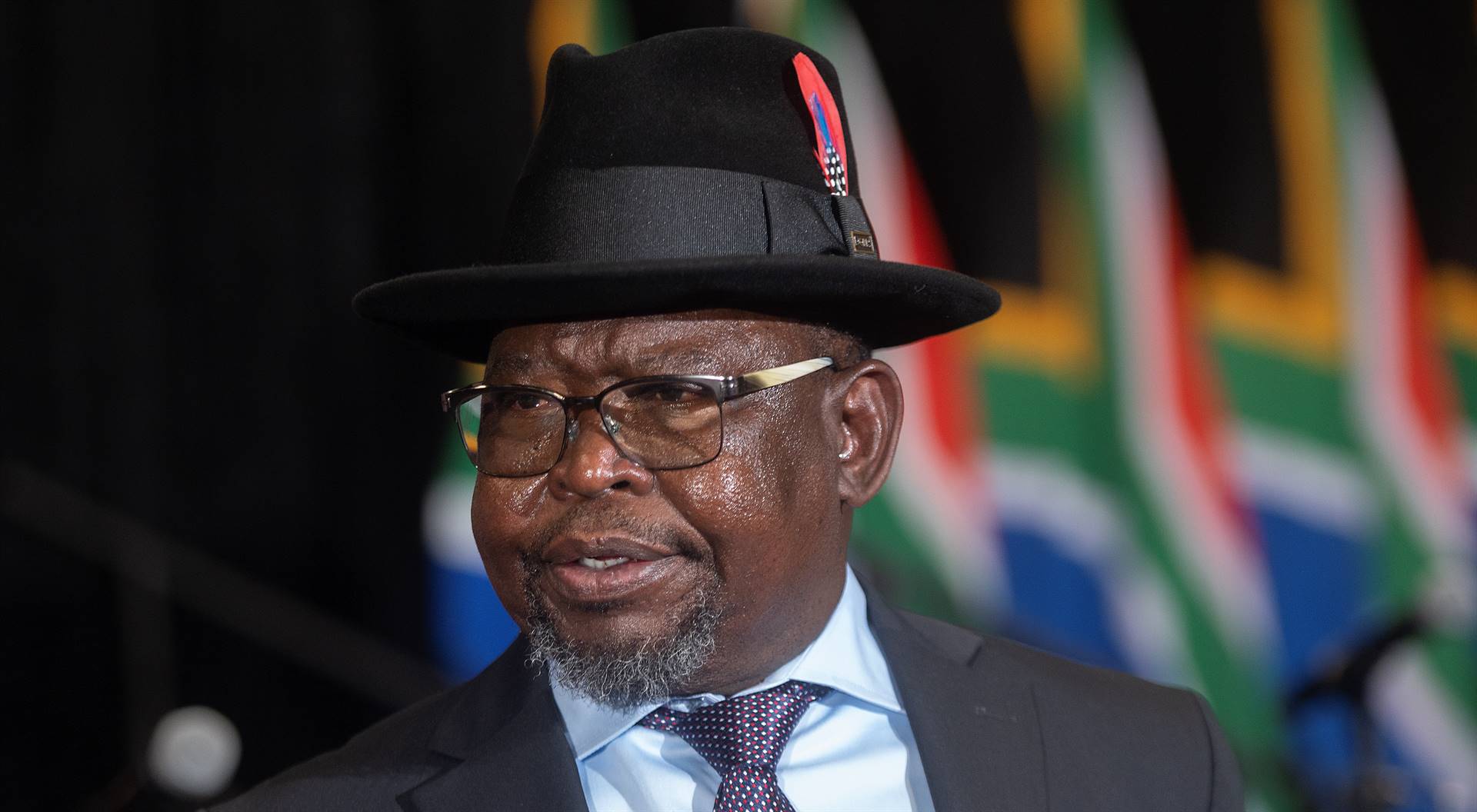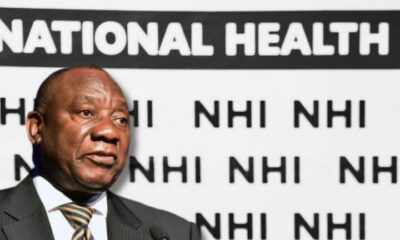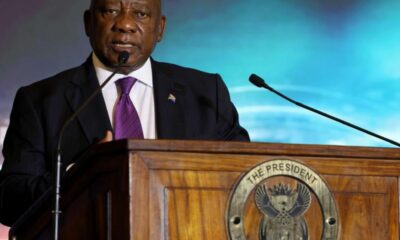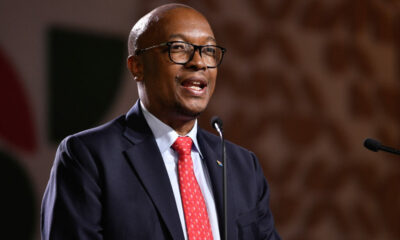Business
Mini-Budget 2025: Godongwana’s Balancing Act Offers Hope, Not Hype

The Balancing Act South Africa Needs Right Now
For South Africans tightening their belts as groceries and fuel prices bite harder, today’s Medium-Term Budget Policy Statement (MTBPS) from Finance Minister Enoch Godongwana arrived with cautious optimism.
Often referred to as the mini budget, this mid-year update gives the country a snapshot of how the government’s finances are tracking and hints at what 2025 might bring. And while no major surprises were expected, a few key signals suggest that the country may be on a steadier fiscal path than before, even if most households won’t feel the relief right away.
The Inflation Conversation: Stability Over Shortcuts
A major talking point this year has been the Reserve Bank’s proposal to narrow South Africa’s inflation target range from 3-6% to a single 3% target. The idea, backed by Reserve Bank Governor Lesetja Kganyago, is to anchor prices more tightly, encourage sustainable growth, and reduce borrowing costs over time.
Economists like Tertia Jacobs from Investec Treasury see the move as a step towards credibility and long-term confidence in monetary policy. She points out that South Africa’s current target is relatively wide compared to other emerging markets, and adopting a stricter band could strengthen trust in the system.
However, as Godongwana’s team emphasised, this won’t mean instant relief at the till. The impact would be gradual, helping tame inflation and possibly lowering interest rates down the line. In simpler terms, it’s about playing the long game: fewer price shocks, more predictable growth, and room for government to spend on real priorities rather than spiralling debt.
A Slightly Brighter Fiscal Picture
After a rocky start to 2025, there are glimmers of improvement. The budget deficit stands at R215 billion, smaller than last year’s, and gross tax revenues are up 9% year-on-year. That translates to roughly R63 billion more in government coffers, largely thanks to strong VAT, personal, and corporate income tax collections.
Economist Casey Sprake from Anchor Capital says this shows that South Africans are still spending and businesses are keeping the wheels turning, even under pressure. The positive tax performance has given Treasury some breathing room, with Nedbank Corporate and Investment Banking forecasting a R60 billion tax windfall this year.
That extra space could help offset some spending demands without deepening the debt hole, though Godongwana was careful not to raise unrealistic hopes.
Debt Still the Shadow on the Wall
Despite better-than-expected numbers, the elephant in the room remains public debt and the strain from state-owned enterprises.
Investec Chief Economist Annabel Bishop warned that continuous borrowing and bailouts for entities like Eskom and Transnet remain a major drag. “If you don’t have sustainable finances, it eventually runs away with you,” she said.
Lower debt-service costs this year have helped slightly, but unless the government reins in these liabilities, much of the progress could be undone.
What It Means for Ordinary South Africans
There are no flashy giveaways in this year’s mini budget, no fuel levy cuts, or cash handouts. Instead, the message is one of restraint and resilience.
-
No quick fixes, but inflation targeting could help stabilise prices and ease borrowing costs over time.
-
A stronger tax intake offers a short-term boost, giving the government some fiscal breathing space.
-
Lower debt costs slightly reduce the pressure on other spending priorities.
-
Infrastructure and private investment remain central to long-term recovery, particularly in energy and logistics.
In short, this was a measured mini-budget, designed not to please everyone but to show that the country’s finances are holding steady, even in tough conditions.
Godongwana’s latest budget speech didn’t promise miracles. But in a year where global inflation, weak growth, and political uncertainty could easily have derailed South Africa’s plans, it showed discipline and a hint of confidence that the numbers are starting to turn in the right direction.
For South Africans hoping for better days, that might not be much. But it’s a start.
Follow Joburg ETC on Facebook, Twitter, TikT
For more News in Johannesburg, visit joburgetc.com
Source: IOL
Featured Image: News24



























